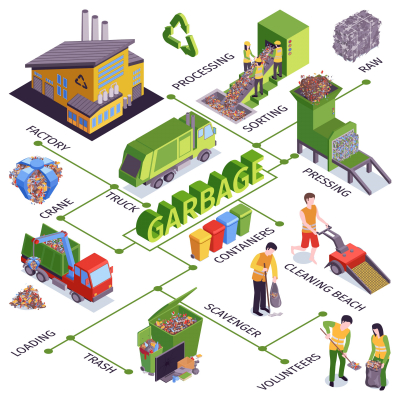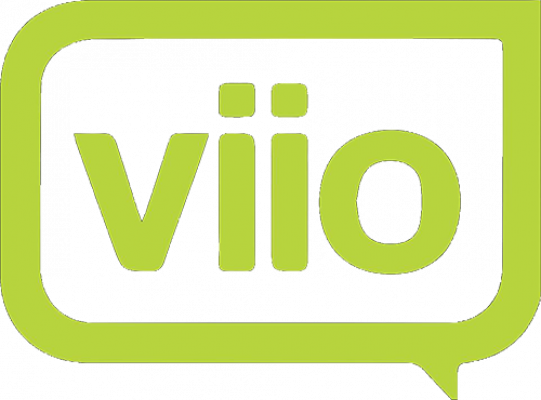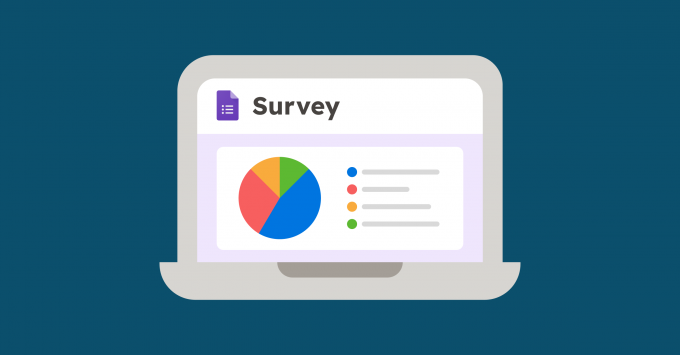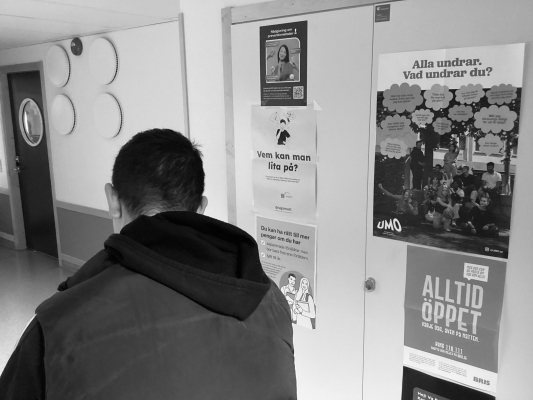In today's fast-paced world, Technology plays a very important part of our lives, turning ordinary moments into extraodinary experiences. From the moment you wake up to the time we go to bed, digital innovations now shape our daily routines, work, social interactions, and also entertainment.
Morning Tech Rituals
Our day starts with our smartphone, that is connecting us through notifications, news, and reminders. Smart coffee brewing machines are brewing our favourite cappuccino so technology simplifies even our smallest habits.
Staying connected with the world
Social media platforms like Facebook, Instagram, Tiktok or Snapchat keep us close to loved ones, no matter the distance. These days, grandparents read stories to their grandchildren via Facetime, and friends share life updates instantly.
Health and wellness
Wearable devices track our health, providing insights into physical activities and sleep quality. Now, telemedicine brings healthcare to our homes, and mental health apps offer therapy support, making well-being more accesible for everyone.
Smart homes
Technology nowadays turns our homes into smart spaces. Smart thermostats, lights, and even security systems make our life more efficient and secure. Voice assistants like Alexa help with everyday tasks, bringing convenience closer.
Artificial Intelligence and Machine Learning
Artificial Intelligence (AI) and Machine Learning (ML) have shifted from science fiction to everyday reality. These technologies are at the forefront of a new industrial revolution, automating complex processes and providing insights previously unimaginable. In healthcare, AI algorithms analyze medical images with remarkable accuracy, aiding in the early detection of diseases such as cancer. IBM’s Watson, for example, can sift through vast amounts of medical data to recommend treatments tailored to individual patients.
In finance, AI systems are transforming operations. High-frequency trading algorithms make split-second decisions based on market data, while AI-driven fraud detection systems continuously monitor transactions for suspicious activity. Additionally, personal finance apps powered by AI, like Mint and YNAB, help users manage their budgets and investments more effectively.
The Internet of Things
The Internet of Things (IoT) connects everyday devices to the internet, creating a network of smart objects that communicate and collaborate. This technology is transforming homes, cities, and industries. Smart thermostats like Nest learn user preferences to optimize energy consumption, while smart refrigerators can alert you when you’re running low on milk.
In urban areas, IoT is the backbone of smart cities. Traffic lights adjust in real-time to traffic conditions, reducing congestion and emissions. Sensors in public infrastructure monitor structural integrity, ensuring timely maintenance and improving safety. In agriculture, IoT devices track soil moisture and weather conditions, enabling precision farming and increasing crop yields.
5G and Enhanced Connectivity
The rollout of 5G networks promises a new era of connectivity. With speeds up to 100 times faster than 4G, 5G will enable advancements in various fields. In healthcare, remote surgeries become feasible, with specialists guiding procedures from miles away through high-definition video feeds. In education, virtual reality (VR) and augmented reality (AR) can create immersive learning experiences, making remote learning more engaging and effective.
The automotive industry is also set to benefit immensely from 5G. Autonomous vehicles require real-time data processing and communication with other vehicles and infrastructure to navigate safely. 5G provides the necessary bandwidth and low latency to make this possible, bringing us closer to a future where self-driving cars are commonplace.
Quantum Computing
Quantum computing represents a leap forward in computational power. Unlike classical computers, which use bits as the smallest unit of data, quantum computers use qubits. Qubits can represent both 0 and 1 simultaneously, thanks to the principles of quantum mechanics, allowing quantum computers to process complex problems much faster than traditional computers.
This technology holds promise for fields that require substantial computational power. In pharmaceuticals, quantum computing can accelerate drug discovery by simulating molecular interactions at unprecedented speeds. In cryptography, it could break current encryption methods, necessitating the development of quantum-resistant cryptographic techniques.
Blockchain and Cryptocurrencies
Blockchain technology offers a decentralized and secure way of recording transactions, ensuring transparency and reducing the risk of fraud. Cryptocurrencies like Bitcoin and Ethereum, built on blockchain, are gaining traction as alternative financial systems. Beyond finance, blockchain is being used for supply chain transparency, ensuring products are ethically sourced and counterfeit goods are identified.
Smart contracts, which execute automatically when conditions are met, are another innovative application of blockchain. They are being used in real estate to simplify property transactions and in insurance to automate claims processing, reducing administrative overhead and increasing efficiency.
Augmented Reality and Virtual Reality
AR and VR are reshaping how we interact with the world. AR overlays digital information onto the real world, enhancing our perception and interaction with our surroundings. VR immerses users in entirely virtual environments, offering new ways to experience entertainment, training, and social interactions.
In retail, AR allows customers to visualize products in their homes before purchasing. Apps like IKEA Place let users see how furniture will look and fit in their space using their smartphone cameras. In education, VR can transport students to historical events or distant planets, making learning interactive and engaging.
Biotechnology and Genomics
Advances in biotechnology and genomics are revolutionizing medicine and agriculture. CRISPR, a gene-editing technology, allows scientists to modify DNA with high precision. This technology holds promise for treating genetic disorders and developing crops that are resistant to pests and environmental stresses.
Personalized medicine, based on an individual’s genetic profile, is becoming more prevalent. Companies like 23andMe and AncestryDNA provide genetic testing services that offer insights into ancestry and health risks. In the near future, treatments tailored to a person’s genetic makeup could become standard, increasing the effectiveness of therapies and reducing side effects.
Sustainable Technologies
Addressing climate change and environmental degradation is one of the most pressing challenges of our time. Technological innovations in renewable energy are crucial in this effort. Solar and wind power are becoming more efficient and cost-effective, leading to wider adoption. Advances in energy storage, such as improved battery technology, are essential for managing the intermittent nature of renewable energy sources.
Electric vehicles (EVs) are another critical development. Companies like Tesla are leading the charge in making EVs more accessible and practical. Charging infrastructure is expanding, and battery technology is improving, making EVs a viable alternative to gasoline-powered vehicles.
Conclusion
As technology continues to advance, its impact on society will deepen. The integration of AI, IoT, 5G, quantum computing, blockchain, AR/VR, biotechnology, and sustainable technologies is creating new opportunities and challenges. These innovations are not only enhancing convenience and efficiency but also addressing global issues such as health, education, and environmental sustainability.
However, with great power comes great responsibility. Ethical considerations, privacy concerns, and the digital divide must be addressed to ensure that technological advancements benefit all of humanity. As we embrace these technologies, a collaborative approach involving governments, businesses, and individuals will be crucial in navigating the complexities of our rapidly changing world.
In this era of rapid technological transformation, one thing is certain: the future will be shaped by the technologies we develop and how we choose to use them. As we stand on the brink of this new technological frontier, the possibilities are as vast as our imagination.



































